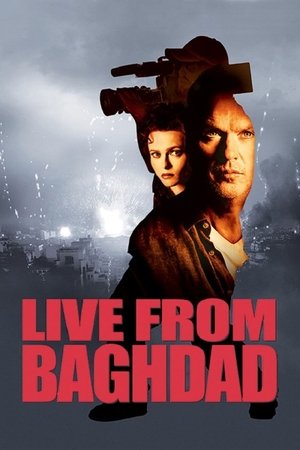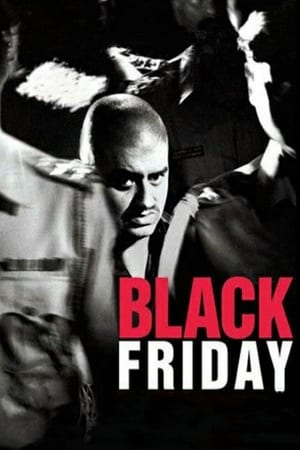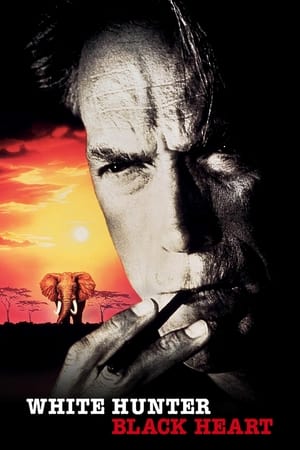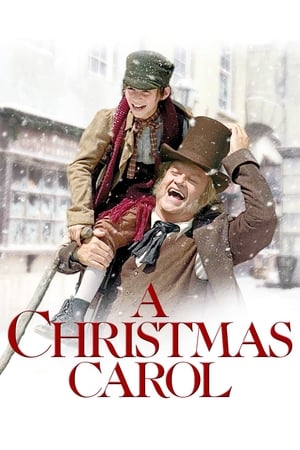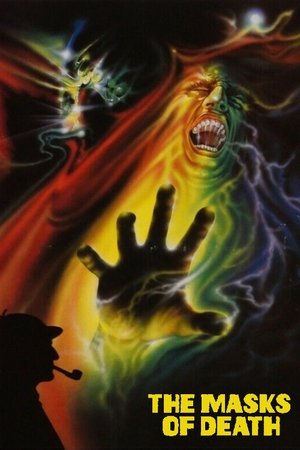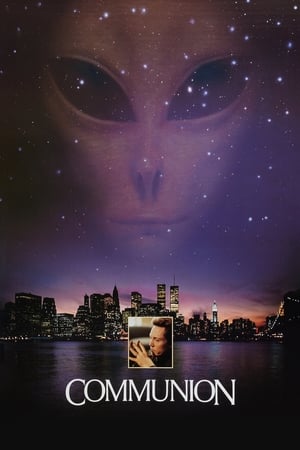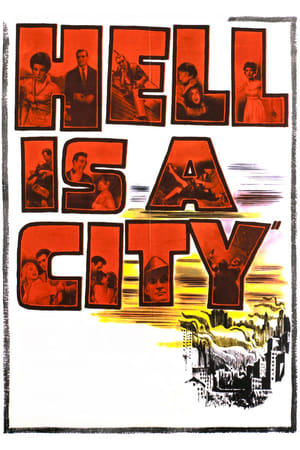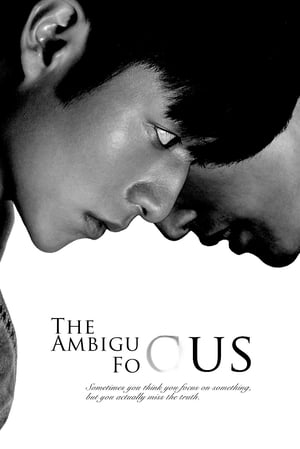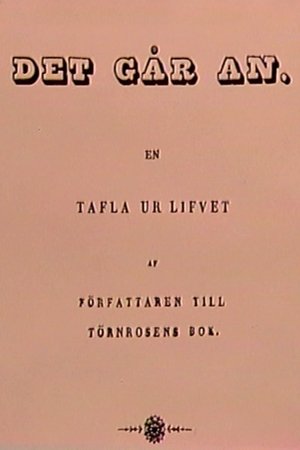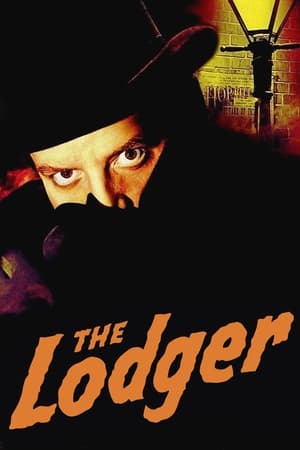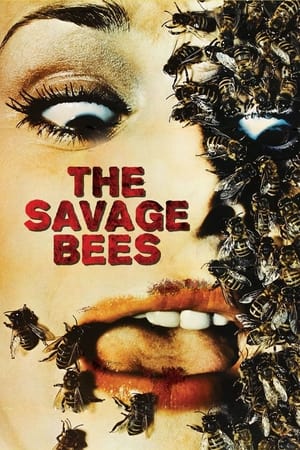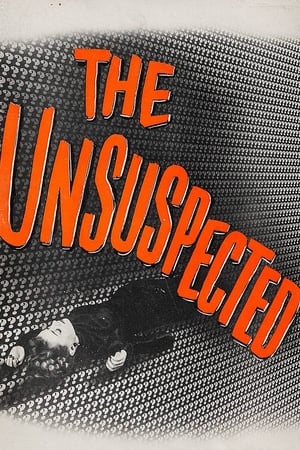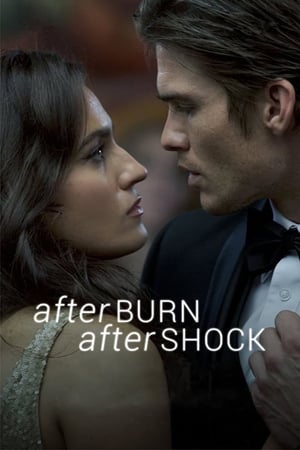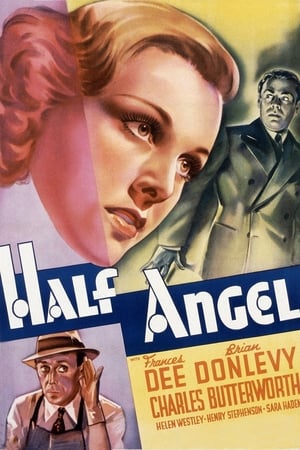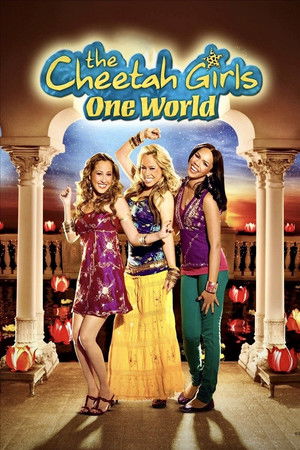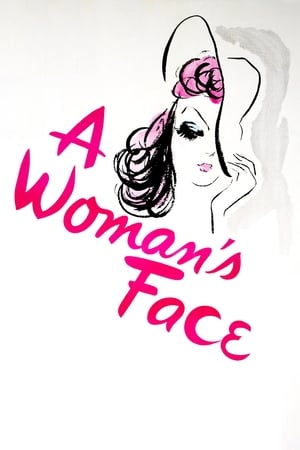Overview
After a workplace shooting in New Orleans, a trial against the gun manufacturer pits lawyer Wendell Rohr against shady jury consultant Rankin Fitch, who uses illegal means to stack the jury with people sympathetic to the defense. But when juror Nicholas Easter and his girlfriend Marlee reveal their ability to sway the jury into delivering any verdict they want, a high-stakes cat-and-mouse game begins.
Reviews
This offers quite an interesting look at just how seriously big business takes the selection of a jury, when large amounts of money are at stake. Gene Hackman is "Fitch", a man who makes a very good living acting on behalf of these organisations. His job is to probe into the private lives of prospective jurors, of their loves, peccadillos, politics - looking for weaknesses or reasons not to select them. This case involves one of the most contentious in the US pantheon of criminal law - the right to bear arms, and it falls to "Rohr" (Dustin Hoffman) to bring an action against a weapons manufacturer that is going to be tough. As the case proceeds, we are introduced to the less honourable nature of one of the jurors, and his girlfriend who have a plan of their own - and, as you'd expect, there is money and pressure being applied to ensure that the jury reach the "correct" verdict. Intriguing as the plot is, though, the film itself stutters along without much innovation. The courtroom scenes are a bit dreary and once we have established the premiss, Hackman's efforts are all rather repetitive and become less and less menacing and sophisticated as the story slips into a rather mediocre melodrama of private life shenanigans. Hoffman is adequate, no more, as are Rachel Weisz and John Cusack as the eagerly duplicitous but not awfully bright "Easter". Based on one of John Grisham's more inventive stories - nobody ever actually wants to be on a jury - this loses much in it's translation to film and by the mid-point I was really pretty turned off by the whole thing. It's watchable, but becomes more preposterous as it proceeds to a conclusion that, though not quite what you might expect, is still a bit flat.

 127 min
127 min
 6.931
6.931
 2003
2003
 USA
USA
 CinemaSerf wrote:
CinemaSerf wrote: